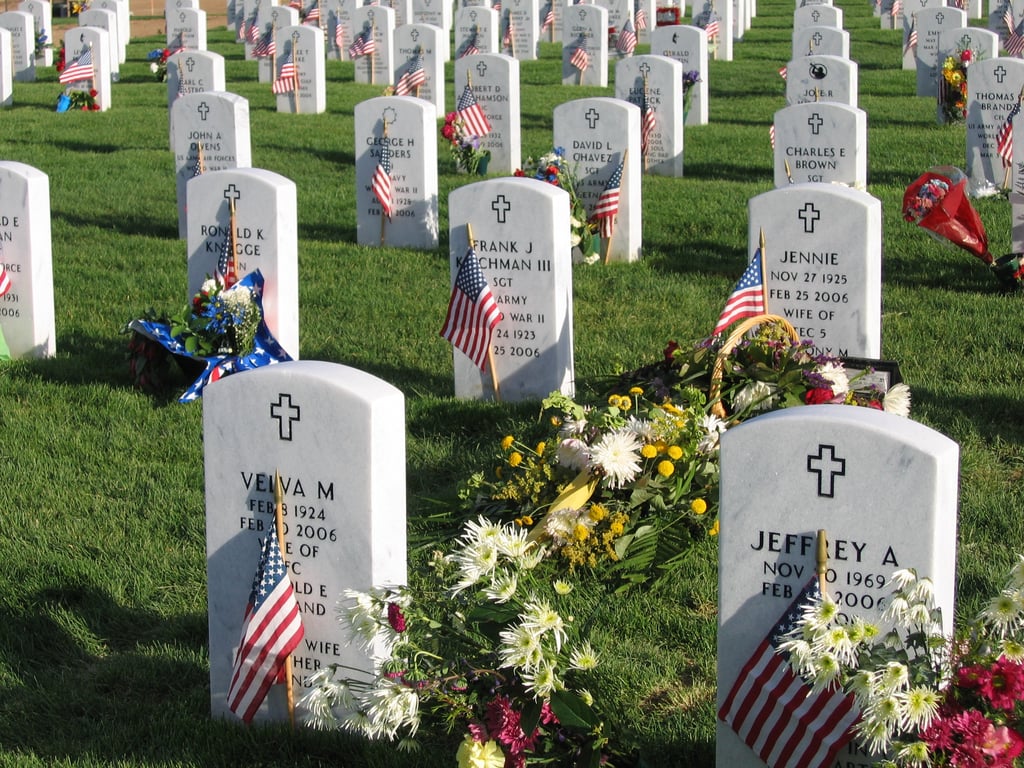Memorial Day

Bruce Smith

Three weeks ago, I stood at my mother’s graveside. During the few days between her death and her memorial service, I searched my memory for ways to understand life from her perspective. For the first time in my life, I realized that she was just 8 years old when World War II began. She was 14 when World War II ended. She graduated from high school in 1950, the year the Korean War began. The next year, the U.S. began requiring men between 18-26 years of age to register for military service. My parents married in the midst of that war.
My entire childhood and youth coincided with the Vietnam War. My brother, two years older than me, had a draft number. The draft ended the year I turned 18. War was the soundtrack of my early life, but it was a tune played by others.
I didn’t think much about war for the next 30 years. I followed the news. I had opinions about the decisions others were making.
Then my youngest daughter fell in love with a soldier.
Suddenly all of my abstract philosophical perspectives became personal.
His world was foreign to me, so I spent time asking questions, listening to his answers, studying the texts of his education, and pondering all of this in my heart. I listened to the silences during his three deployments into two wars. I dried my daughter’s tears and felt some fraction of the vulnerability she felt when he was at work. I read some of his journal when he returned from the battlefields. I embrace him every time I’m within arm’s reach.
Last year, I was at the Pentagon when he and others in his line of work received awards for their service. All of them stood with disciplined discomfort as the commendations of their service were read out loud. The commendations were inspiring and horrific. As terrible as television reports of war are, the reality of war is much worse. As I listened to the prose and saw the men who had faced mortal threats on our behalf, it was impossible not to come away with the highest respect for them.
It is not hard to find criticism of soldiers. They are all humans, subject to the same sins and temptations as the rest of us. But comparing their filthy rags against my own is futile. All of our rags are filthy.
When I was 15, I played “Taps” at the flagpole in front of Memorial Junior High school in our town. At that point, the soldiers we honored were all strangers to me. That kind of sober remembrance has not been part of my more recent Memorial days. Working around the house, barbecues, and the Indy 500 are more routine for most of us.
But this Monday, when I put the U.S. flag in place on the front of our house my heart will beat with deep respect and thanksgiving for the soldiers who risk their lives for our freedoms. I have seen too much of the world that is still today without these freedoms.
"Thanks and praise for our days
Neath the sun, 'neath the stars', 'neath the sky'
As we go, this we know
God is nigh."

